If you are new to baseboard heating, you might be wondering how it works. More importantly, you may be wondering if it's safe to leave your home for an extended period of time while your baseboard heater is on. Before you do, let's take a closer look to see if it's fine to do so.
When used correctly, baseboard heaters are perfectly safe to leave on for an extended period of time. However, when used carelessly, baseboard heaters can be a fire hazard. In order to prevent any accidents, keep curtains, furniture, and other flammable objects at least a foot away from your baseboard heater.
Let's face it, the last thing you want is to come home to a pile of ashes. That's why in this article, we will explain why it is perfectly safe to leave your baseboard heater on while you're away as well as some tips to keep your home safe. In addition, we will answer other frequently asked questions about baseboard heating, so read on!
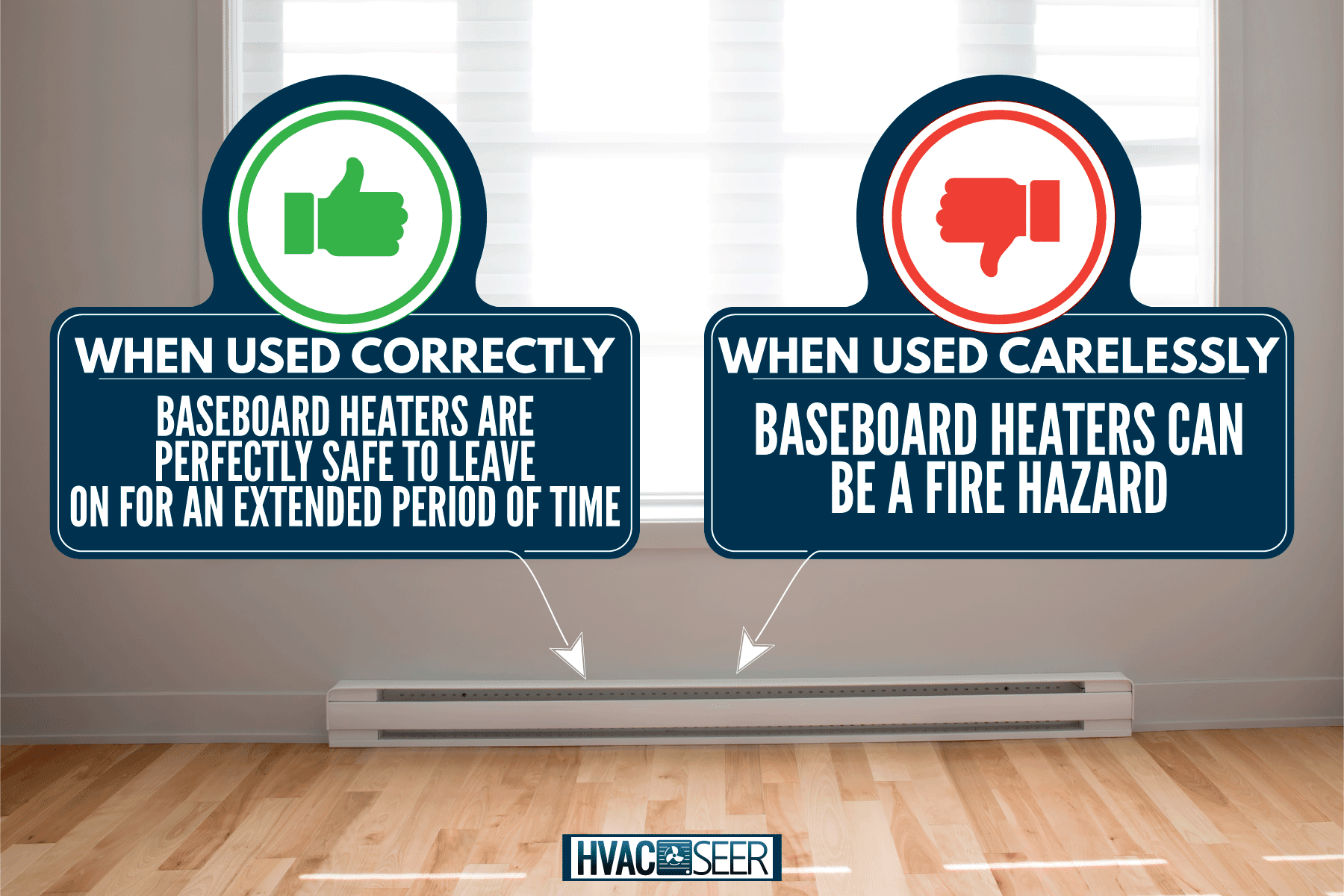
Can I Leave While My Baseboard Heat Is On?
Before we get into whether or not you can leave your baseboard heat on while you're away, let's take a look at how baseboard heating actually works.
Baseboard heating uses either electricity or hot water to heat up metal coils that are located inside the baseboard unit. These coils then radiate heat, which warms up the room.
In homes that don't have central heating, baseboard heaters are usually the primary source of heat. However, if you are new to baseboard heating, you might be wondering if it's safe to leave your home for an extended period of time while your baseboard heater is on.
The short answer is yes; you can leave your baseboard heat on while you're away. However, there are a few things that you need to keep in mind in order to prevent any accidents.
First, make sure that curtains, furniture, and other flammable objects are at least a foot away from your baseboard heater. Second, if you have pets, make sure that they cannot access the baseboard heater. Third, if you're going to be gone for an extended period, it's a good idea to set the thermostat to a lower temperature.
Avoid leaving your baseboard heat set at a high temperature for an extended period, as this can be a fire hazard. By following these simple tips, you can rest assured that your home will be safe while you're away.
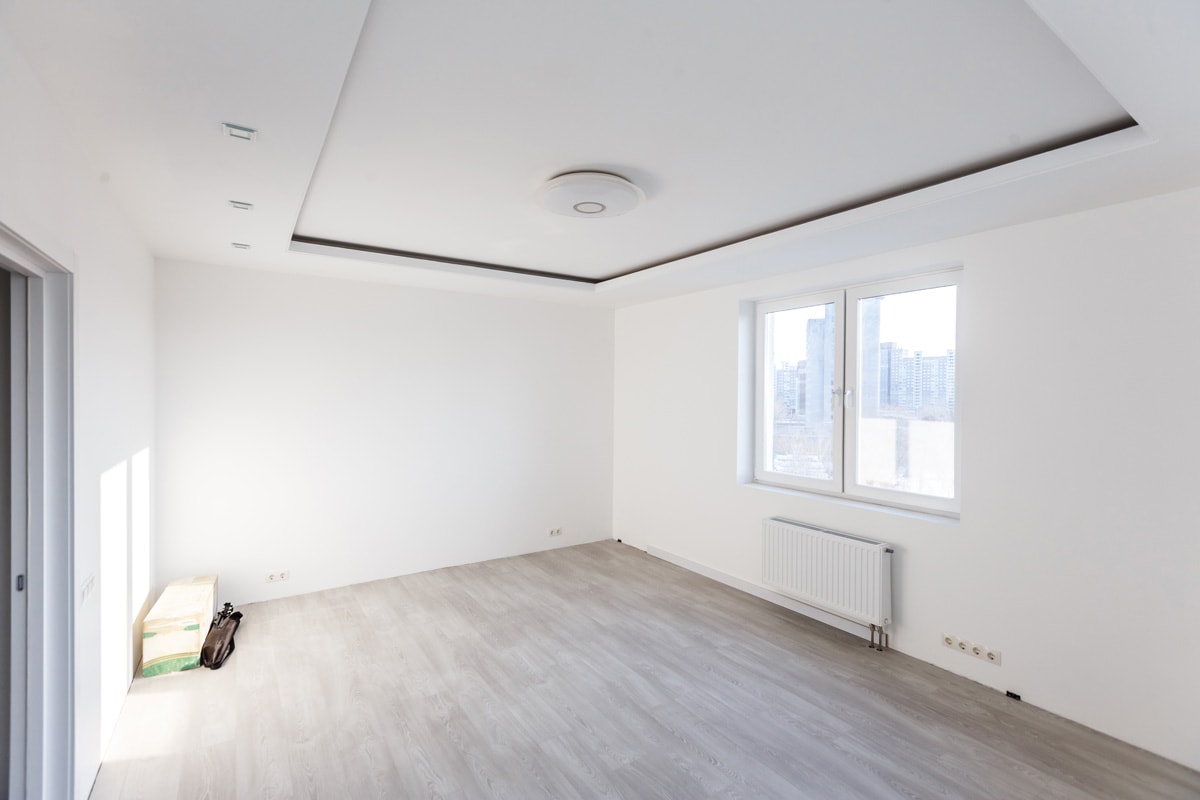
Is Baseboard Heat Expensive To Run?
Depending on where you live and how often you use your baseboard heater, it can be either expensive or affordable to run.
In general, baseboard heating is more expensive to run than central heating. This is because baseboard heaters use electricity or hot water to generate heat, which can be costly.
However, if you live in an area that has a lot of electricity or hot water costs, then baseboard heating may not be as expensive to run as you think.
To get an accurate estimate of how much it will cost to run your baseboard heater, check with your local utility company. They can give you an estimate of how much it will cost to run your baseboard heater based on your location and usage.
To cut down on costs, there are a few things that you can do.
Use Baseboard Heating When Necessary
One way to save money on your heating bill is to only use your baseboard heater when necessary. For example, if you know that you're going to be gone for an extended period of time, set the thermostat to a lower temperature. This will prevent your baseboard heater from running unnecessarily.
Just like central heating, baseboard heating can be controlled by a thermostat. By using a programmable thermostat, you can set your baseboard heater to turn on and off at specific times. This way, you can make sure that your baseboard heater is only running when you need it.
Upgrade To A More Efficient Baseboard Heater
If you're looking for a more efficient way to heat your home, consider upgrading to a more efficient baseboard heater. There are a few different types of baseboard heaters on the market, and each type has its own set of benefits.
For example, some baseboard heaters come with built-in thermostats, which can help you save money on your heating bill.
Other types of baseboard heaters are made with more efficient materials, such as ceramic or glass. These types of heaters can help to reduce your energy costs.
While it's not always in your control, such as renting an apartment, if you own a home, it's important to have an understanding of the type of heating system you have.
If you are considering upgrading your baseboard heater or any other appliance in your home, be sure to do your research to find the most efficient and cost-effective option for you.
Read More: How To Update Baseboard Heaters
Keep House Sealed
Even if you rent an apartment, you can still make an effort to keep your space sealed. One way to do this is to check for drafts around doors and windows. If you feel a draft, use weather stripping or caulking to seal the opening.
Another way to keep your house sealed is to make sure that all gaps and cracks are sealed. This includes gaps around outlets, switches, and pipes. Sealing these openings will not only help to keep your home warm, but it will also help to reduce your energy costs.
Change Heating Source
If possible, your best bet is to upgrade to central heating. While baseboard heating can be expensive to run, central heating is a more efficient way to heat your home.
Central heating systems use a furnace to generate heat, which is then distributed throughout your home using a system of ducts. While it may be an expensive upfront cost, upgrading to central heating can save you money in the long run.
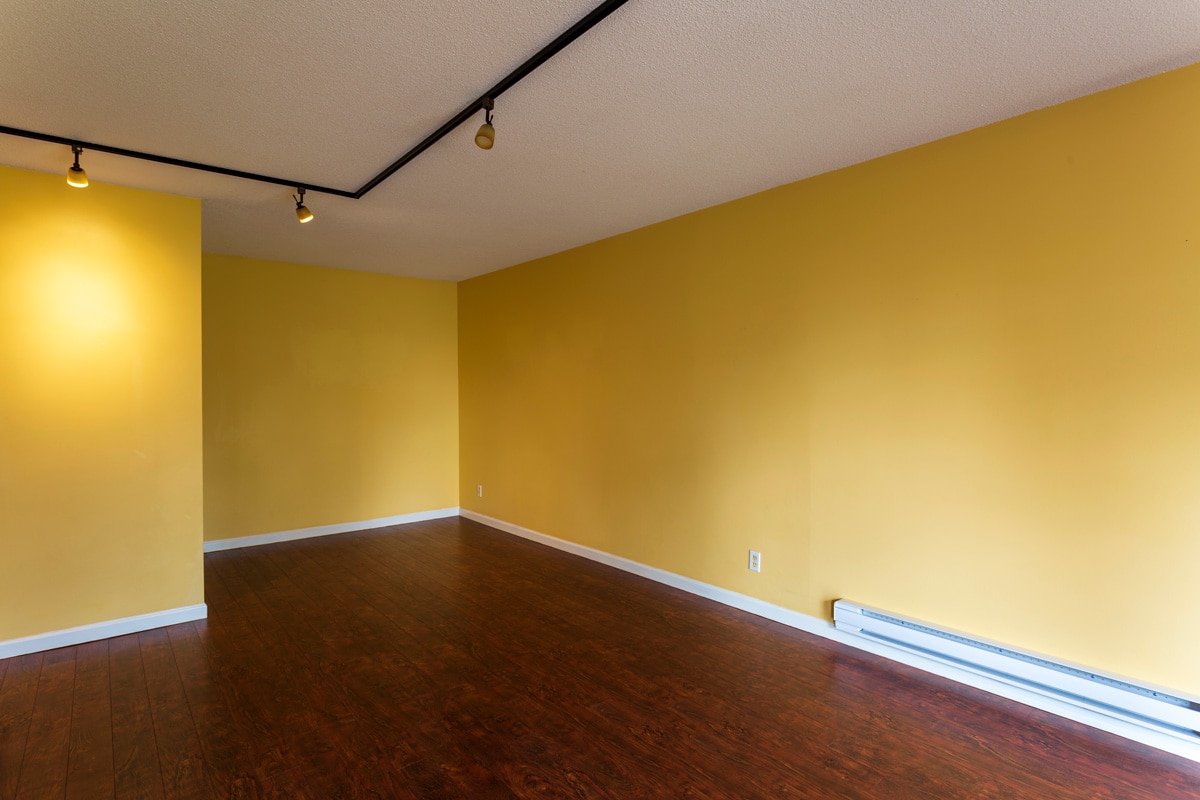
How Long Do Baseboard Heaters Last?
Like other sources of heat, baseboard heaters don't last forever. On average, most baseboard heaters will last between 10 and 20 years. However, this lifespan can vary depending on the type of heater and how well it's been maintained.
To extend the lifespan of your baseboard heater, be sure to regularly clean it and keep it free of dust and debris.
It's also important to have your baseboard heater serviced by a professional every few years. This will help to ensure that it's running efficiently and that there are no problems that could cause it to fail prematurely.
By following these tips, you can save money on your heating bill and extend the lifespan of your baseboard heater.
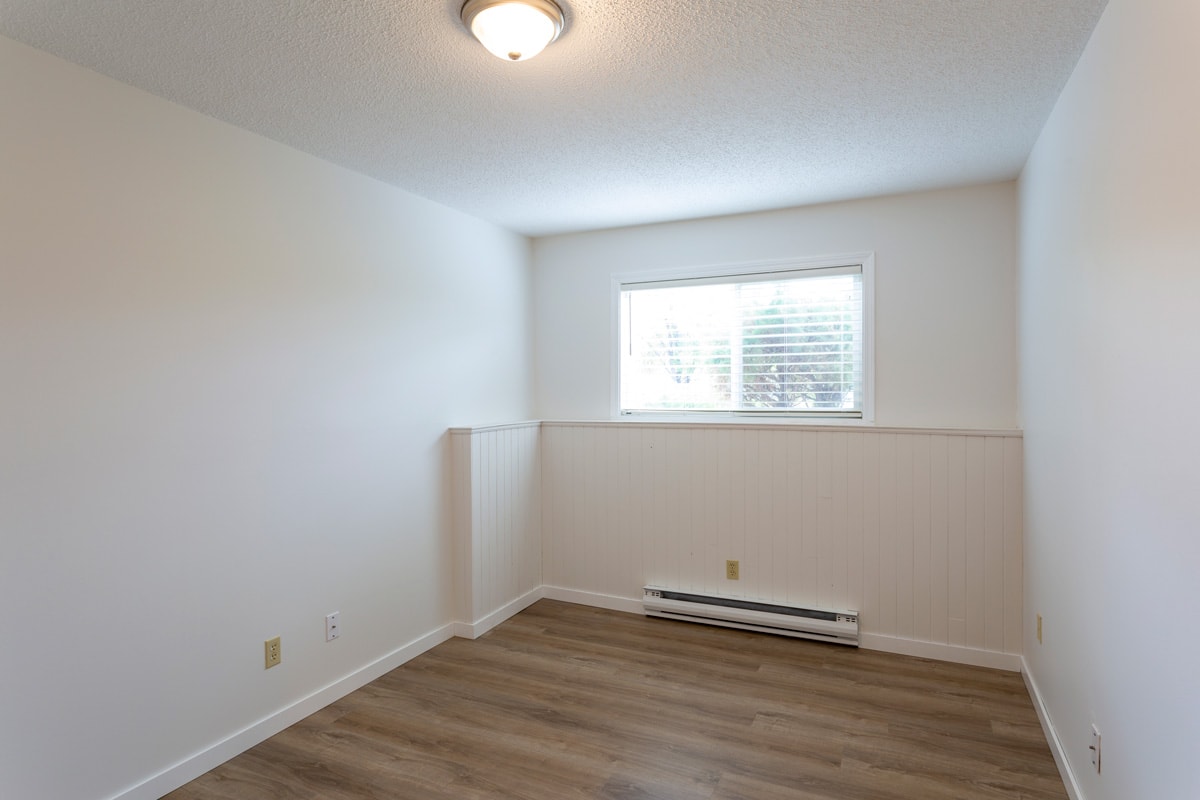
What Are The Disadvantages Of Baseboard Heating?
The biggest disadvantage of baseboard heating is its low efficiency.
Baseboard heating is not as efficient as other types of heating, such as central heating. This means that it will cost more to run a baseboard heater than it would run a central heating system.
The reason being is due to how baseboard heat disperses heat. For example, ductwork can release heat in multiple rooms at the same time. On the other hand, baseboard heat only emits heat in one direction. This means that the heat has to travel farther to reach other areas of your home.
As a result, baseboard heating can be expensive to operate, and it may not be the best option for large homes.
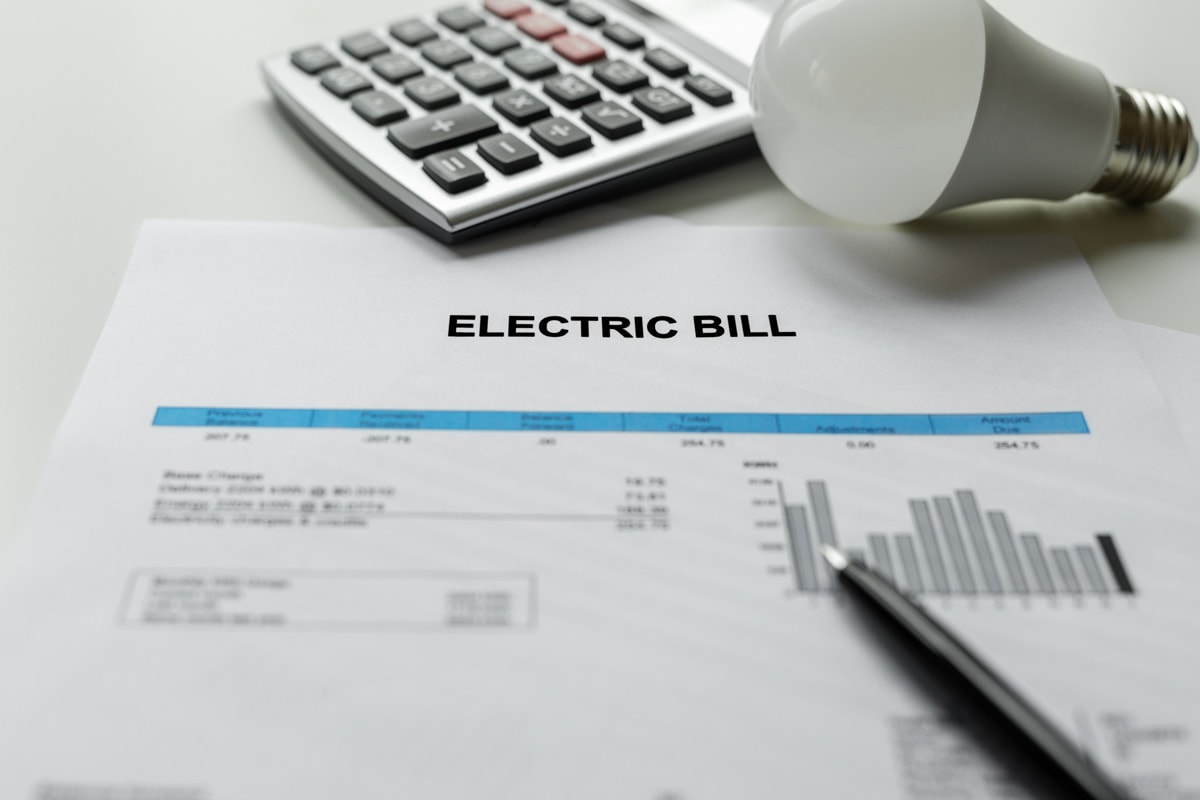
Should I Replace My Baseboard Heater With Forced Heat?
If you can afford the change and your home is big enough to warrant it, then you may want to replace your baseboard heater with forced heat.
As we mentioned, you will thank yourself for the change in two ways. The first being you will have lower heating bills, and the second is that your home will be a lot more comfortable.
The only downside is the upfront cost. However, if you plan on being in your home for a long time, then the investment will be worth it in the end.
Final Thoughts
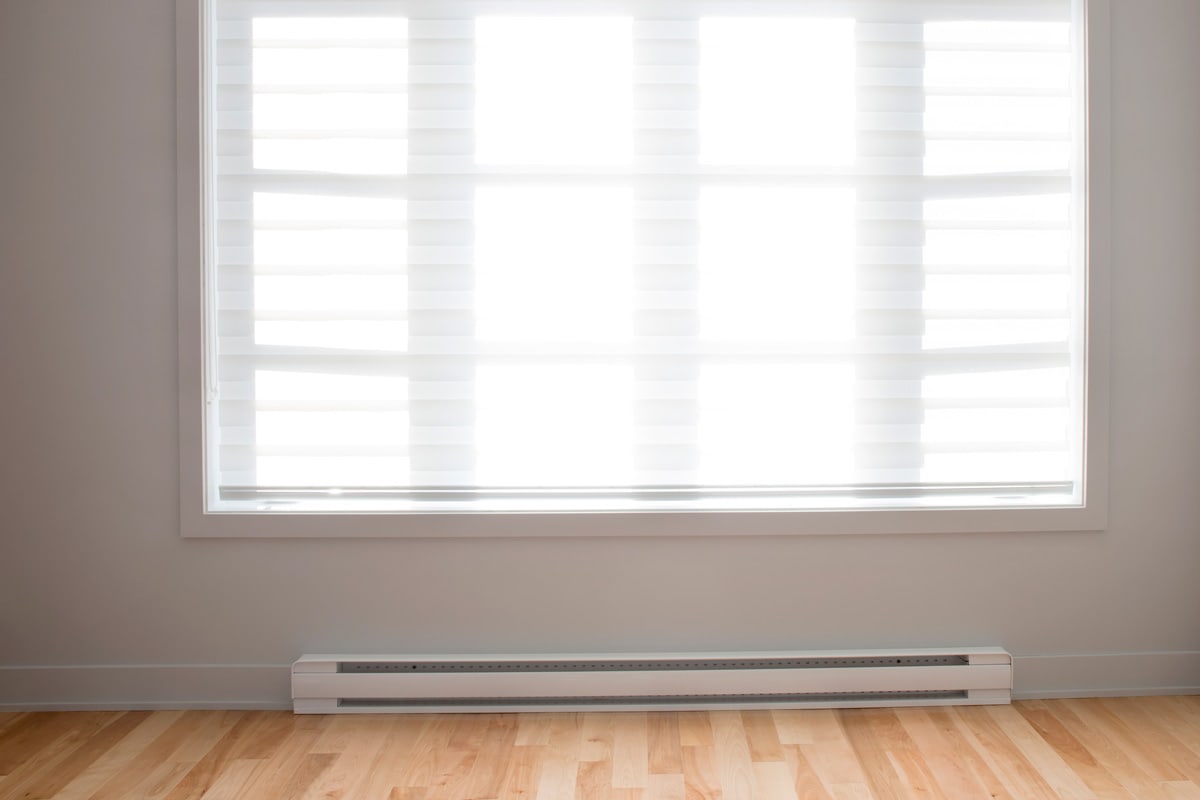
Overall, baseboard heat can be safe to run while you aren't home. However, it's better to upgrade if you can afford it so you can save money in the long run. If you have any questions or concerns, be sure to speak with a professional before making any changes to your home.
Made it to the end? Here are other articles you might find helpful:
